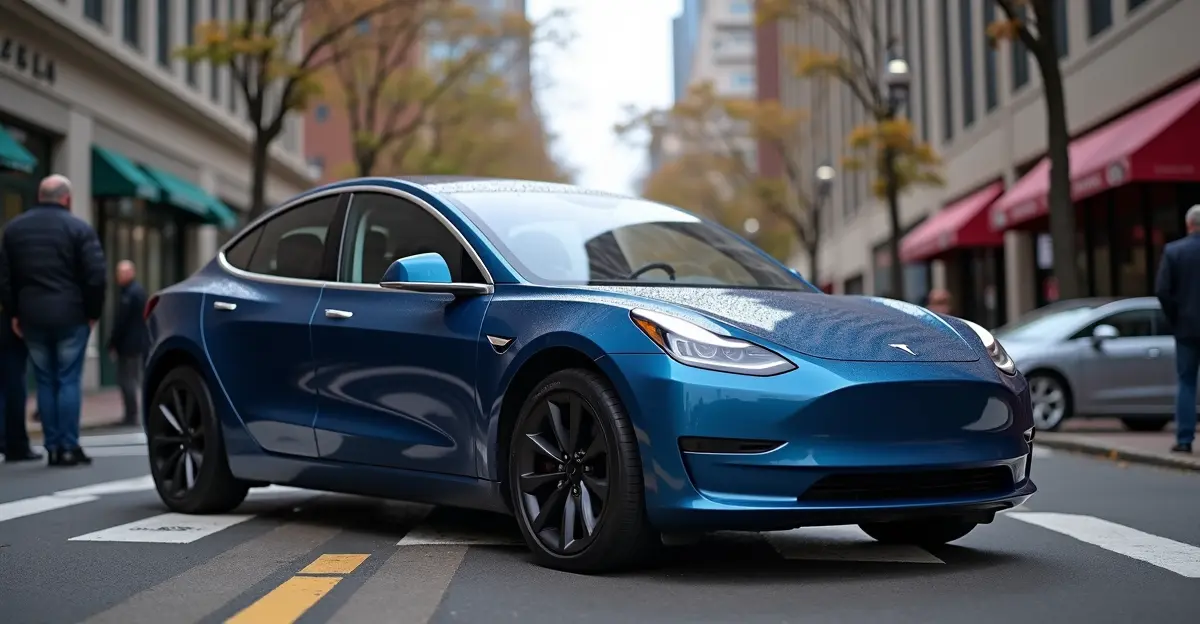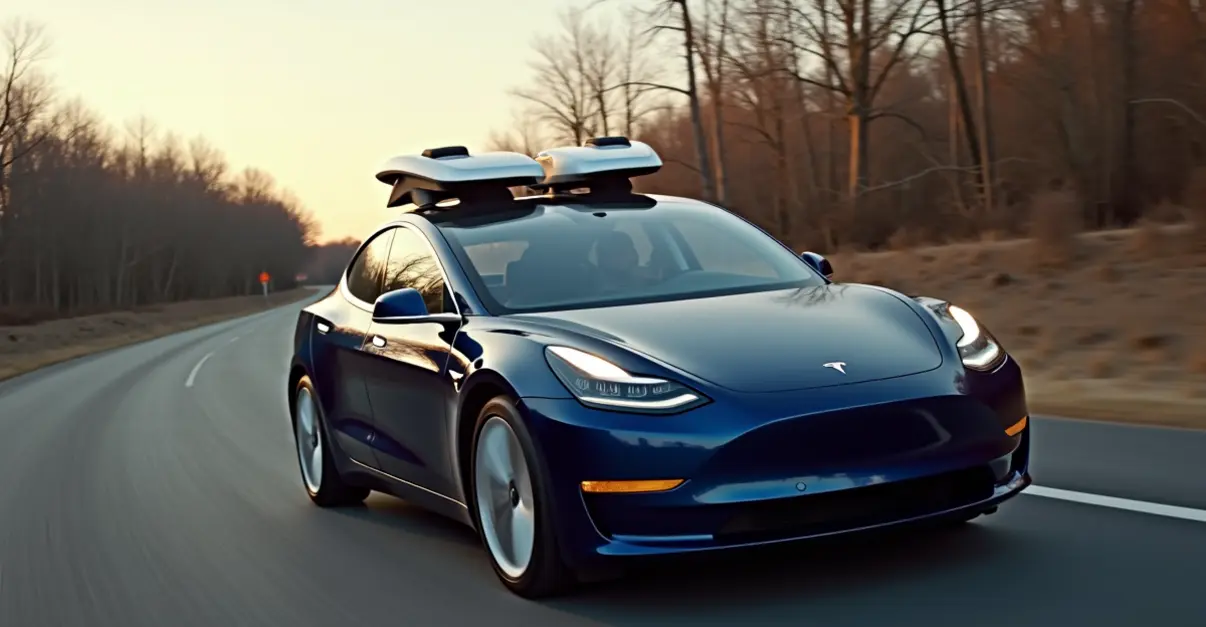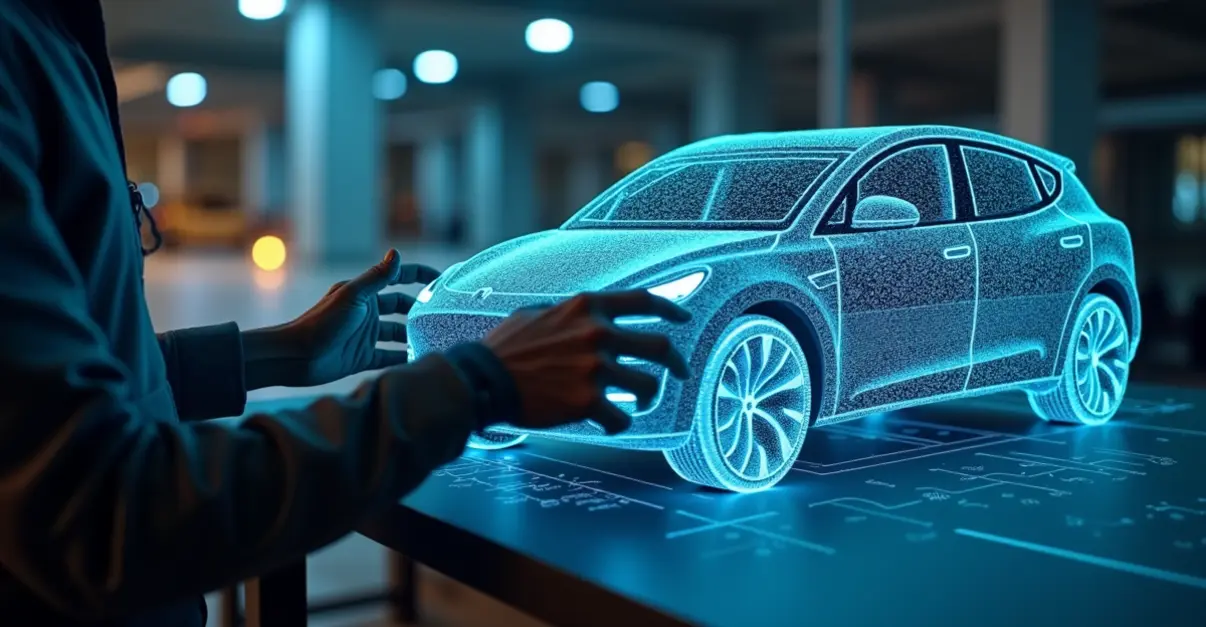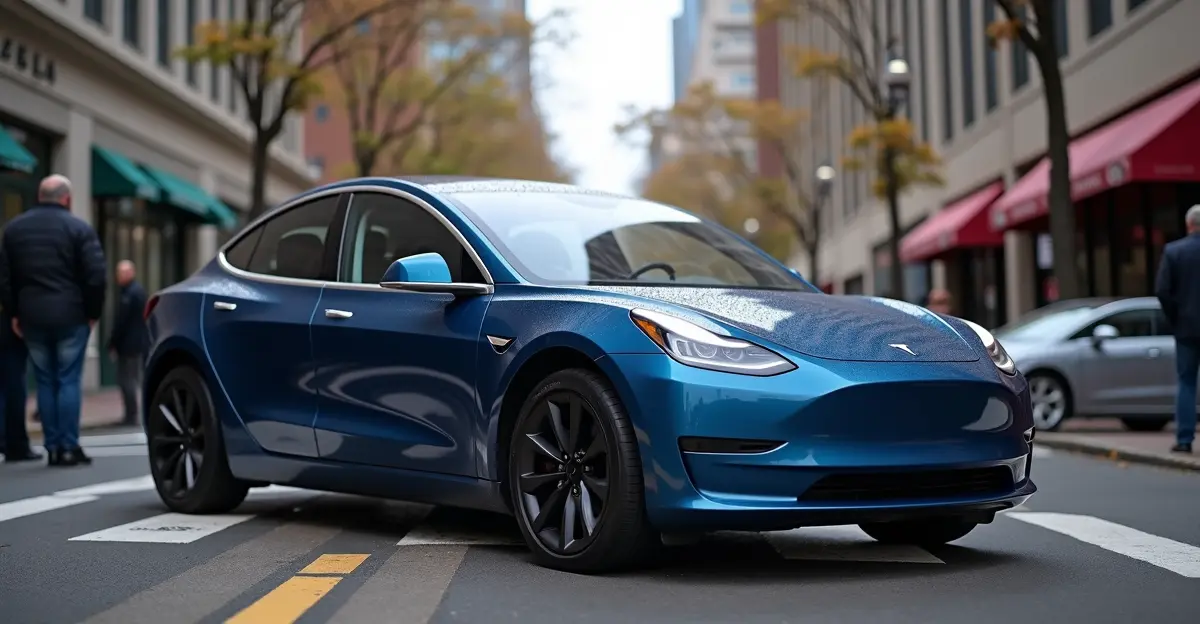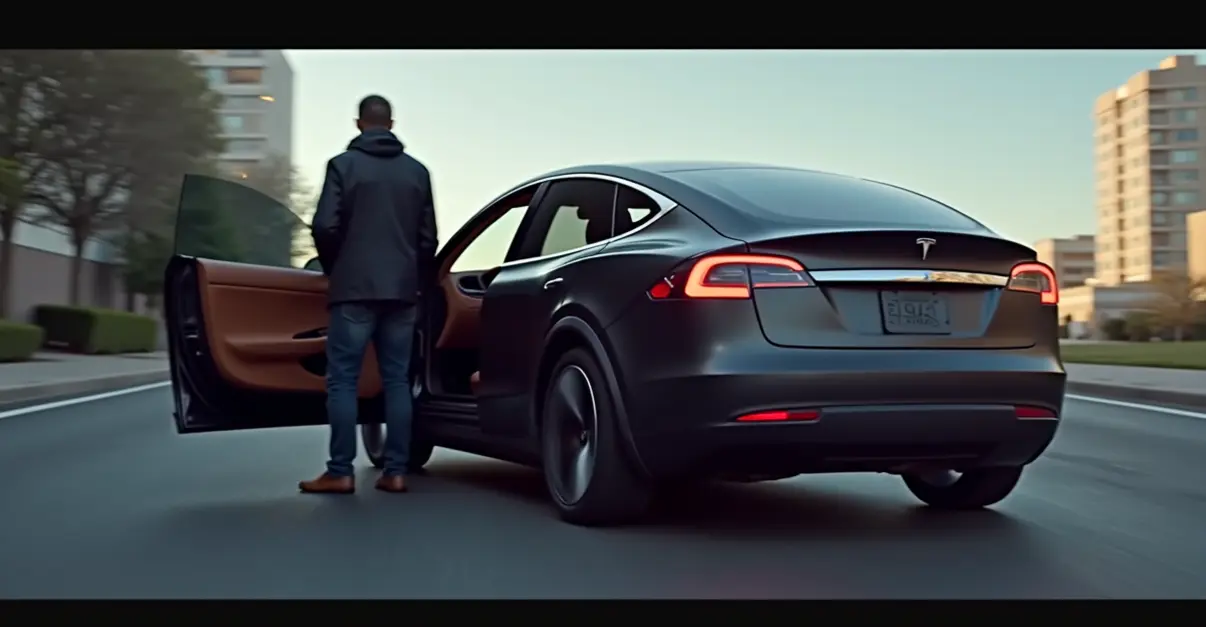Major Safety Recall Affects New Model 3 and Model Y Vehicles
Tesla has initiated a significant safety recall affecting approximately 13,000 electric vehicles in the United States due to a critical battery pack defect that could cause sudden power loss while driving. The recall, announced in October 2025, specifically targets 7,925 Model Y (2025) vehicles and 5,038 Model 3 (2026) sedans equipped with potentially faulty battery contactors.
Safety Risk and Technical Details
The National Highway Traffic Safety Administration (NHTSA) identified the defect as a battery pack contactor that can fail unexpectedly, leading to 'sudden loss of propulsion' that significantly increases crash risk. According to official documents filed with regulators, the defective component could cause drivers to lose acceleration capability without warning, creating dangerous situations on roadways.
Tesla has confirmed 36 warranty claims and 26 field reports related to this specific battery issue as of October 7, 2025. 'While we've identified no collisions, injuries, or fatalities linked to this condition, we're taking proactive measures to ensure customer safety,' stated a Tesla spokesperson in an official communication.
Dealer Support and Remediation Process
Authorized Tesla service centers nationwide are implementing comprehensive support measures for affected vehicle owners. The company will replace the affected battery pack contactors free of charge, with owner notifications expected to be completed by December 9, 2025. Tesla has established dedicated service lanes and extended operating hours at many locations to accommodate the increased volume of recall-related appointments.
'Our service teams are fully prepared to address this issue efficiently and minimize inconvenience to our customers,' explained Maria Rodriguez, Tesla's Director of Service Operations. 'We've allocated additional resources and trained technicians specifically for this recall campaign.'
Regulatory Compliance and Reporting
The recall follows standard NHTSA reporting protocols, with Tesla submitting detailed documentation about the defect's nature, scope, and proposed remedy. This regulatory compliance includes comprehensive reporting of all related incidents and warranty claims, as required by federal safety standards.
This battery recall occurs amid broader regulatory scrutiny of Tesla's safety systems. The NHTSA recently opened a separate investigation into 2.88 million Tesla vehicles equipped with Full Self-Driving technology following reports of traffic-safety violations and crashes. The agency's Battery Safety Initiative continues to monitor electric vehicle battery performance and safety across the industry.
Industry Context and Consumer Response
Electric vehicle recalls have become increasingly common as the technology matures and regulatory oversight intensifies. According to industry analysis, multiple automakers have issued significant EV recalls in 2025, affecting millions of vehicles worldwide for various battery, software, and component issues.
Affected Tesla owners are advised to check their vehicle identification numbers (VINs) through the NHTSA's recall database or Tesla's mobile app. The company has established a dedicated customer support line and online scheduling system to streamline the repair process. 'Customer safety remains our highest priority, and we're committed to resolving this issue promptly and transparently,' emphasized Tesla's customer service representative.
As electric vehicle adoption continues to grow, industry experts emphasize the importance of robust safety monitoring and rapid response to potential defects. This recall demonstrates the automotive industry's evolving approach to addressing safety concerns in increasingly complex vehicle systems.

 Nederlands
Nederlands
 English
English
 Deutsch
Deutsch
 Français
Français
 Español
Español
 Português
Português
